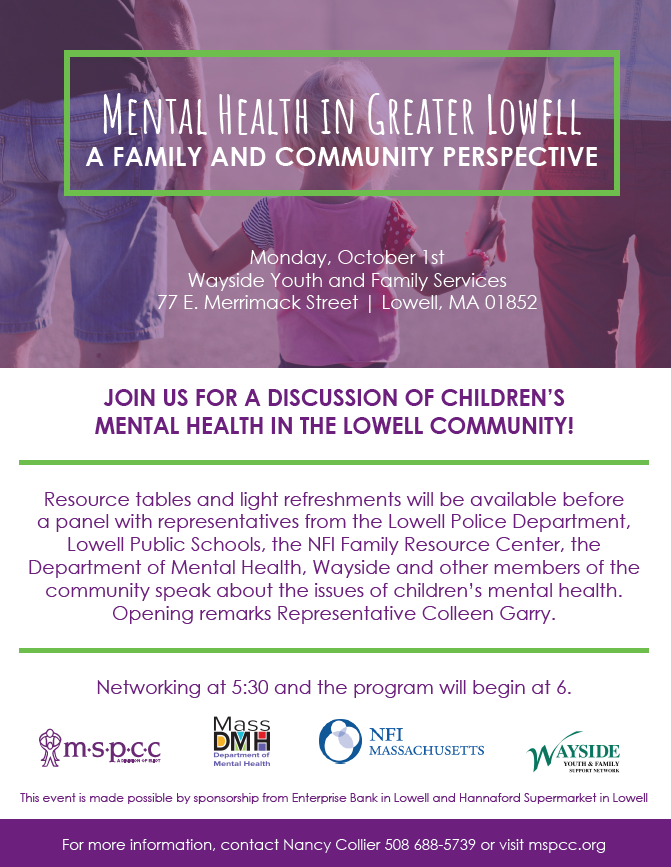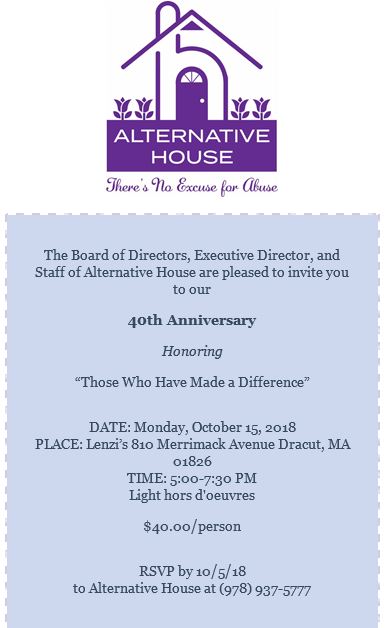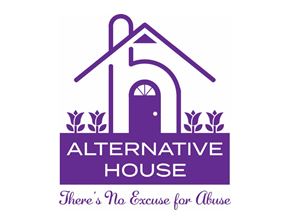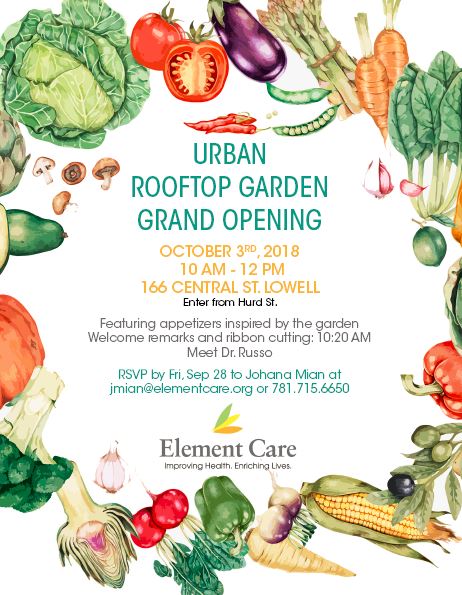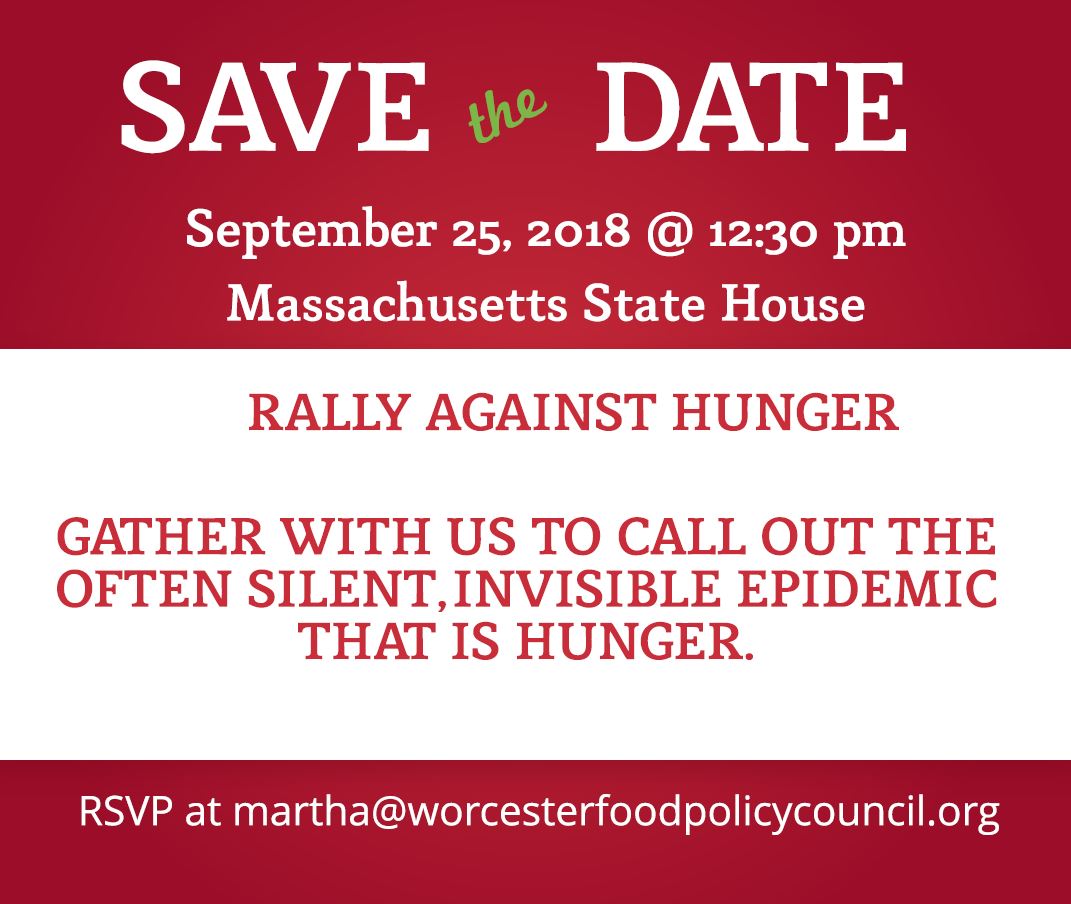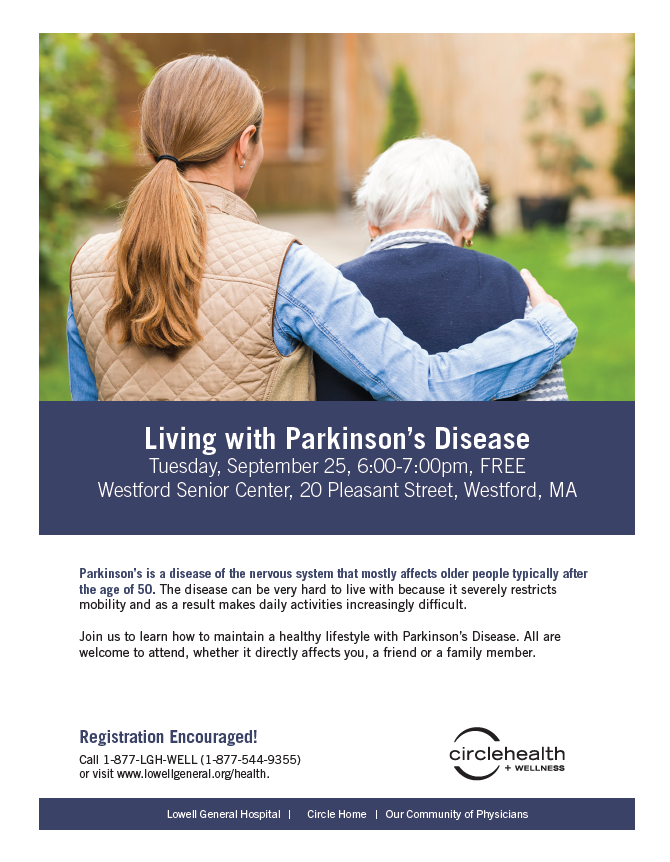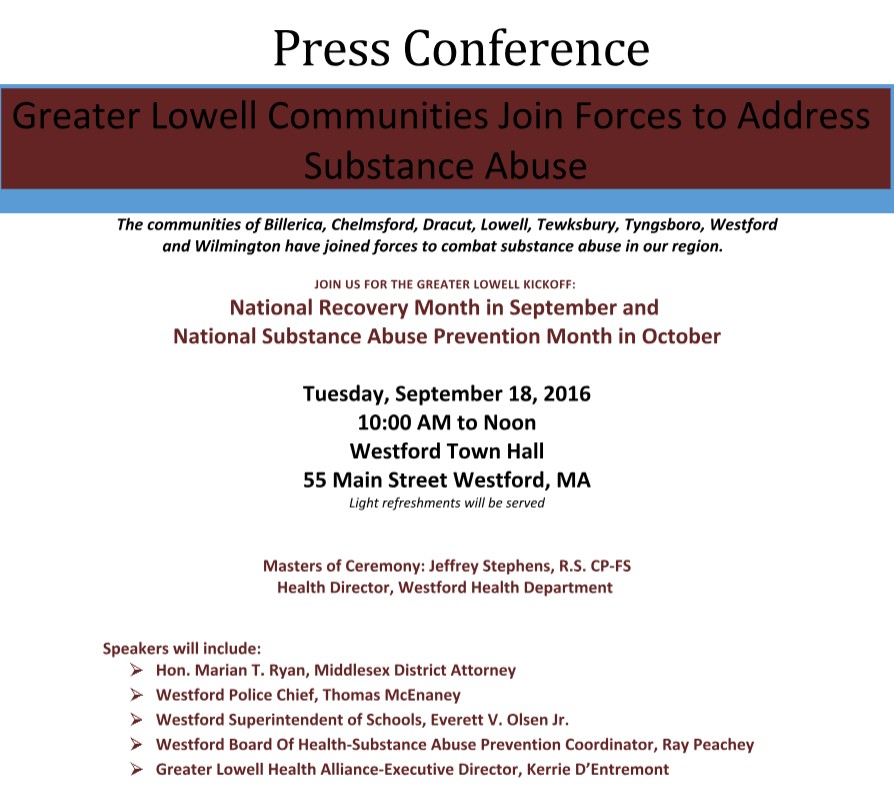Event Categories: All Meetings & Events
Rocktober Vibe
Join Elder Services at Rocktober Vibe for the most ridiculous fun you’ve had all summer!
Featuring Live Band: Business Time
voted best party band with connections to Brittney Spears
- Music through the decades
- Crazy food stations
- Music themed raffles
- Party bracelets with secret codes to win great prizes, Photo booth for those once in-a-life-time pics
- Music trivia contest
- Karaoke with the Band for those who want their moment in the spotlight!
Party Bracelets given at check-in.
Casual attire or dress for your favorite music decade!
Open Seating.
PRE-REGISTRATION IS REQUIRED. NO TICKETS WILL BE SOLD AT THE DOOR.
PRINTED TICKETS ARE REQUIRED AT CHECK-IN.
Tickets will be entered in a drawing to win a prize.
Ticket and Sponsor Registration open till Thursday, September 27.
All proceeds benefit the DiStefano Family Care Fund.
Successful Model for Integrating Housing and Health Care Webinar
The Colorado Coalition for the Homeless (CCH) has been investing in supportive housing since 1990. Since that time, this comprehensive FQHC has developed nearly 1,700 units of housing, and is one of the country’s leaders in integrating health care and housing for a vulnerable population. This webinar will discuss how CCH finances its capital development; how they plan, design, and manage multiple projects simultaneously; how they integrate housing and health care services; and how they include property management staff in a coordinated approach to care. The webinar complements a recent policy brief and is sponsored by the National Health Care for the Homeless Council through funding from HRSA.
Alternative House – 40th Anniversary Event
Element Care Urban Rooftop Garden Grand Opening
Rally Against Hunger
Welcoming Week Lowell
Living with Parkinson’s Disease
Annual National Recovery Month & National SUP Month Press Conference
AFSP Merrimack Valley Out of the Darkness Walk
Event Details
Walk Date: 10/13/2018
Walk Location: dcr Vandenberg Esplanade – Lowell, MA
Check-in/Registration Time: 9:00 am
Walk Begins: 10:00 am
Walk Ends: 12:30 pm
For more information, please contact:
Contact Name: Mary Beth Traynor
Contact Phone: 978-764-8525
Contact Email: gwnana@gmail.com
Welcome to the Out of the Darkness Merrimack Valley Walk
When you walk in the Out of the Darkness Walks, you join the effort with hundreds of thousands of people to raise awareness and funds that allow the American Foundation for Suicide Prevention (AFSP) to invest in new research, create educational programs, advocate for public policy, and support survivors of suicide loss.
Thanks to Walkers and Donors like you, AFSP has been able to set a goal to reduce the annual suicide rate 20% by 2025.
Online registration closes at noon (local time) the Friday before the walk. However, anyone who would like to participate can register in person at the walk from the time check-in begins until the walk starts. Registration is free and open to the public. Walk donations are accepted until December 31st.
Visit here for more information and to register.

